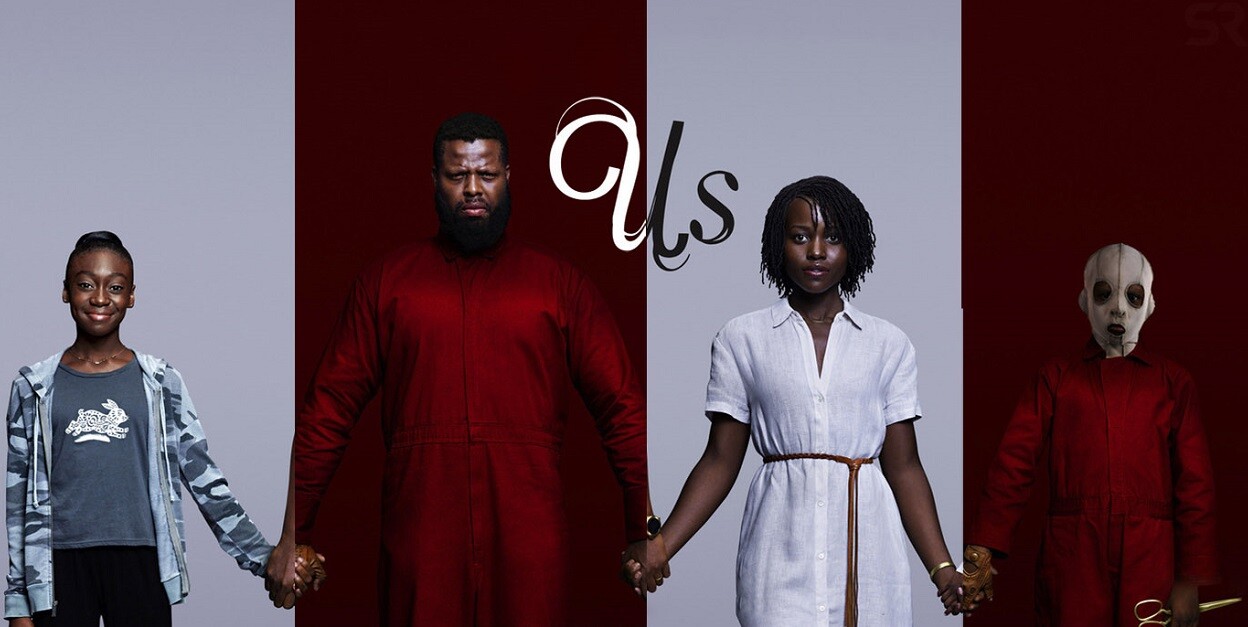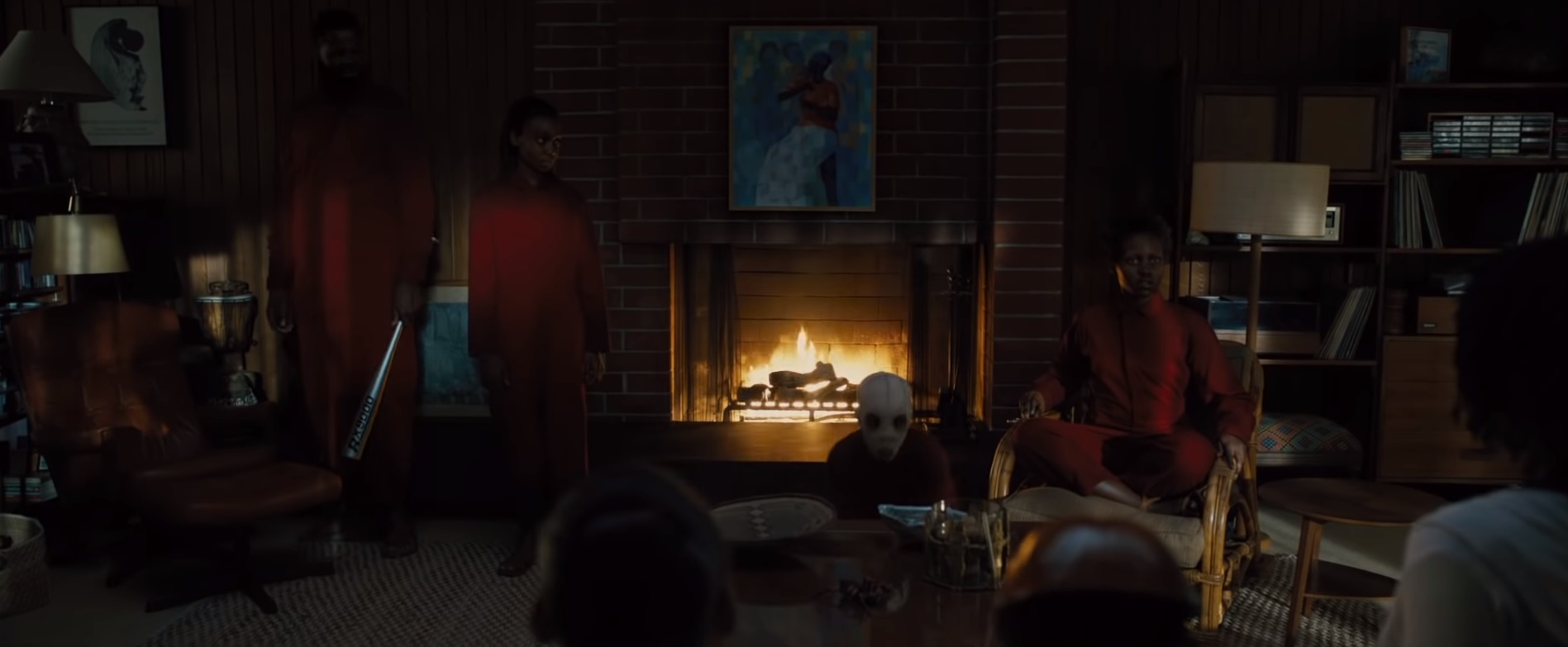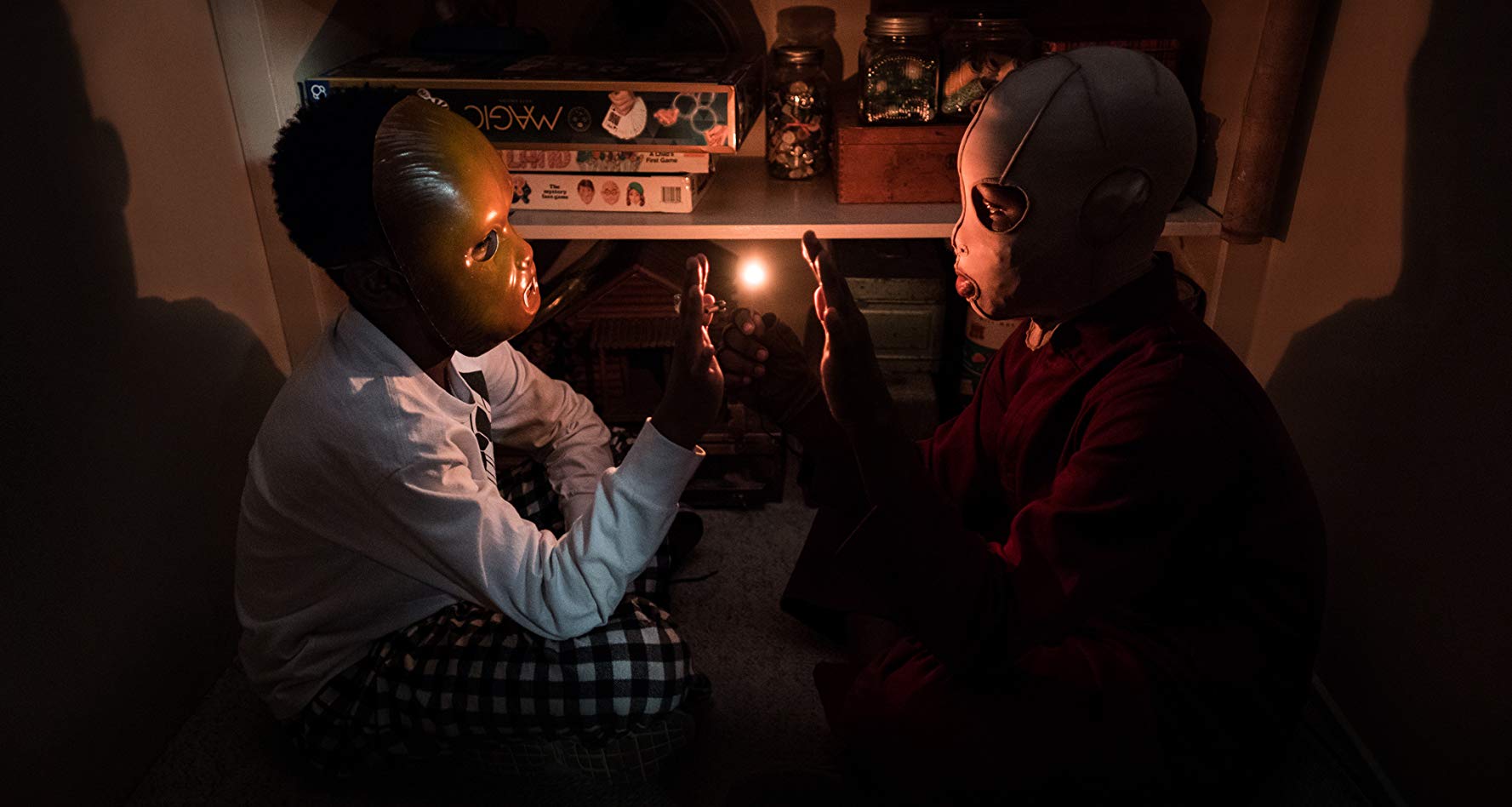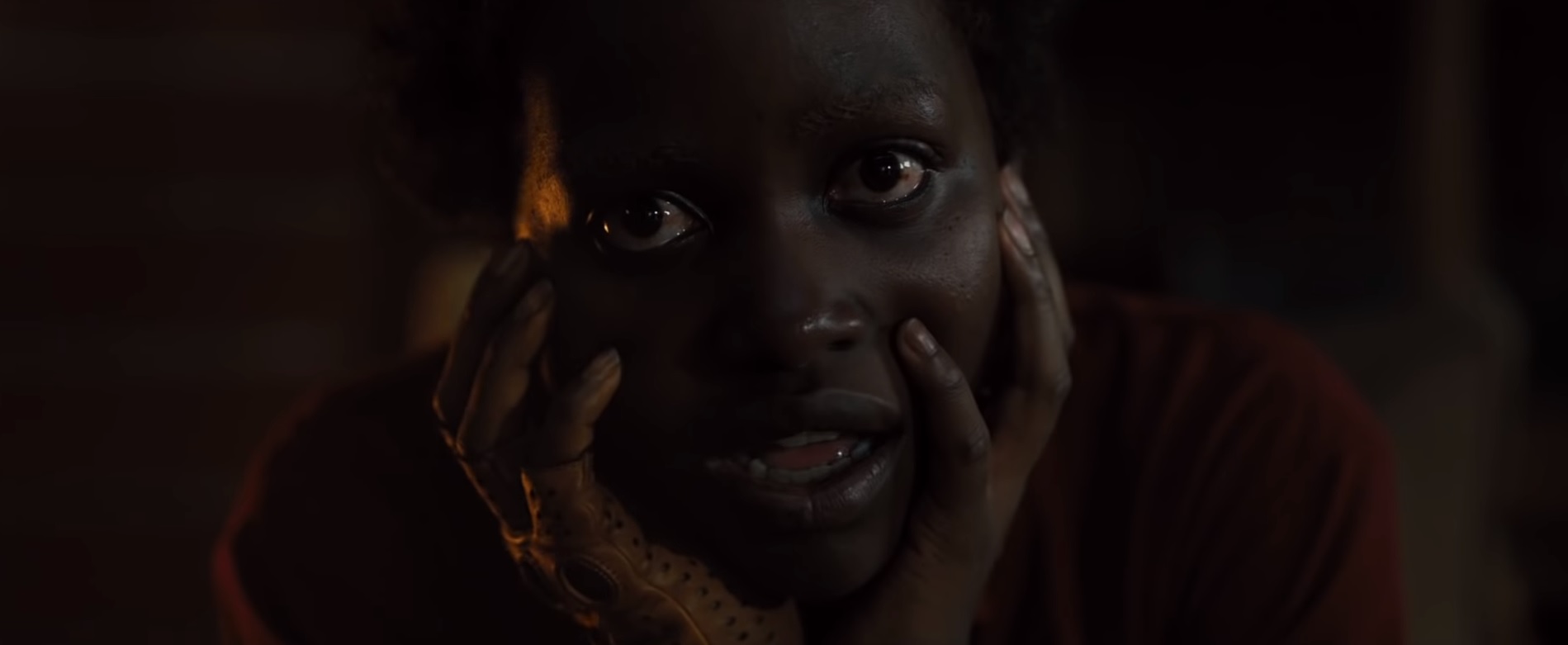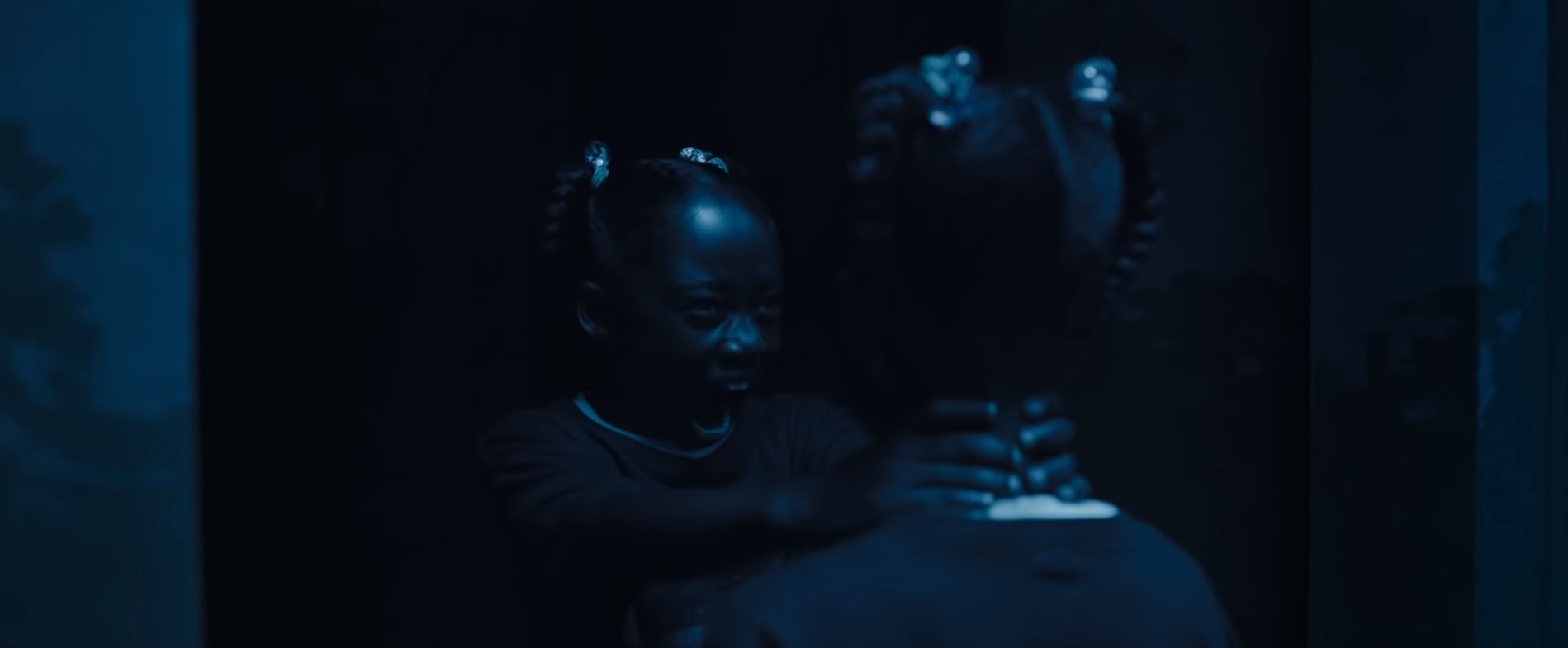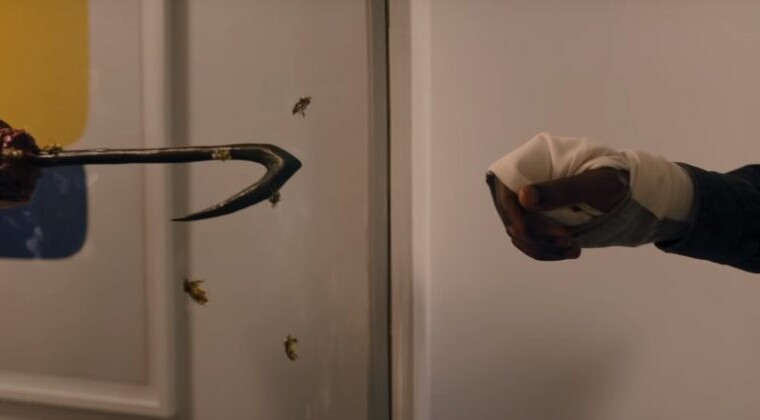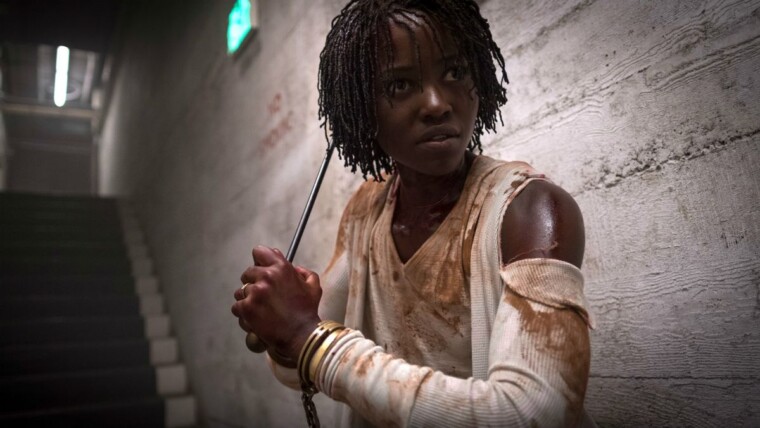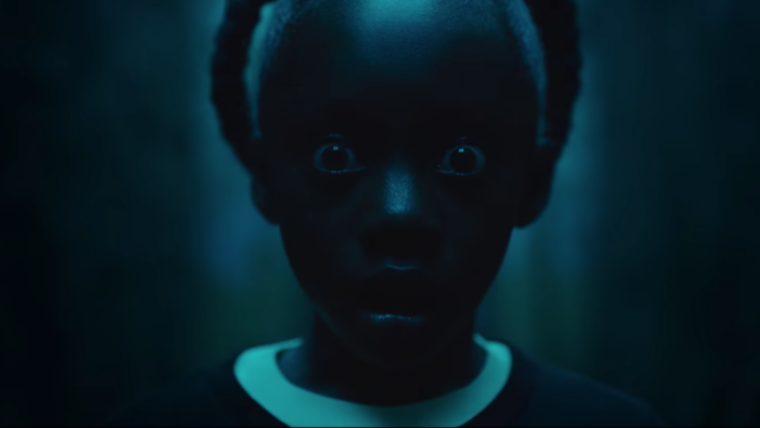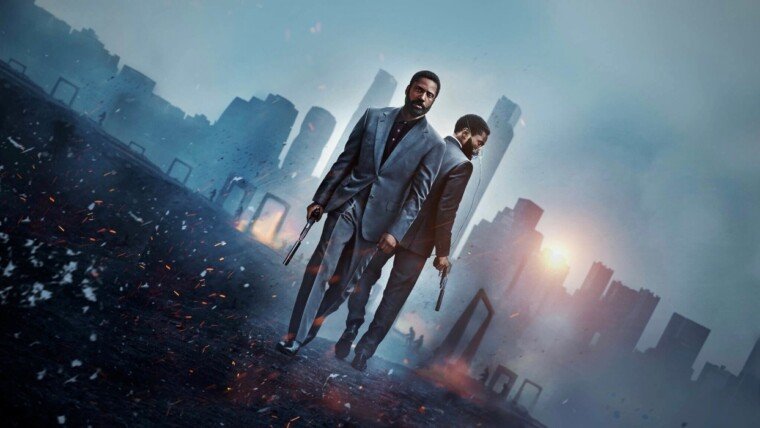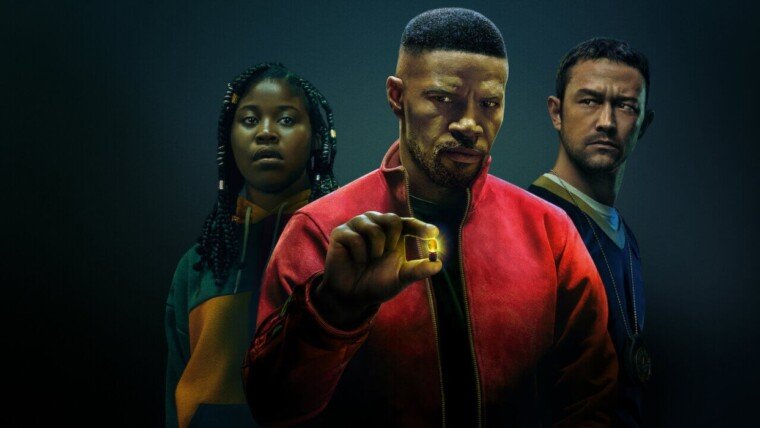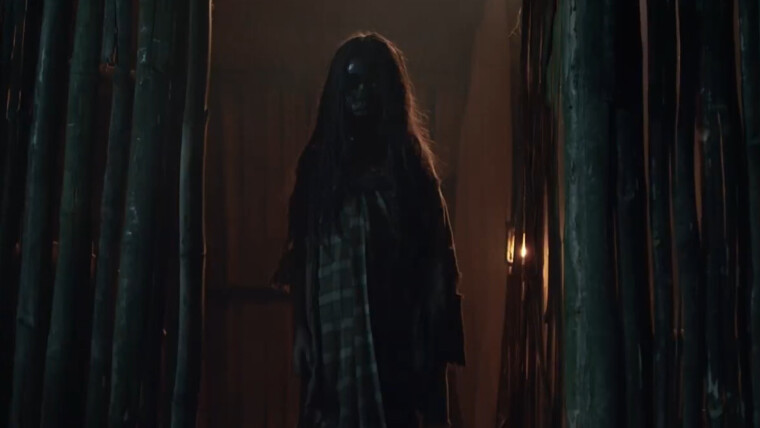Over the years, I’ve been vocal about my general disinterest in the horror genre. For the most part, the genre annoys me (cliche story beats, silly jumpscares, etc) more than it grips me and as a result, I rarely walk into a horror picture excitedly. But Us is the type of horror film that can (and will) enthral even the genre’s biggest haters. Here, Jordan Peele — whose first feature film was the superb, politically powerful Get Out — proves that he’s a helmer of colossal talent. While Get Out was more of a psychological thriller, here Peele plants his feet firmly in the realm of pure-horror. And for a large majority of the film, Us is a truly special, genuinely haunting piece of pure cinema.
Right from its opening scene (a little girl and her family are at a beachside fun fair. She wanders off while her dad’s playing a carnival game and her mom is at the loo and winds up in a haunted house full of mirrors) Peele creates a chilling, textured and palpable atmosphere that sucks you in and raises your heart rate. The horror house sequence provides an opportunity for cheap jumpscares, but Peele turns the other way.
Instead, he builds the tension slowly through simple but precise camera work (with the help of cinematographer Mike Gioulakis), and a chilling musical score by Michael Abels that’s delicately infused into each beautifully painted frame. What we get is an utterly terrifying sequence that ends with an exclamation mark! This sense of style and meticulous control extends throughout the movie.
The rest of Us takes place three decades after the opening. The little girl, Adelaide is now all grown up and played by Lupita Nyong’o, who’s married to Gabe Wilson (Winston Duke) and has two kids Zora and Jason. The family travels to sunny Santa Cruz — the place where the incident happened all those years ago — for a quick summer getaway. I love that the film isn’t in a hurry to get to the scary bits. It provides enough time and space for its characters to simply be a family.
Consider the scene in the car, where Adelaide tells her son to snap his fingers according to the rhythm of Luniz’s ‘I Got 5 On It’ that’s playing on the radio or the hilarious sequence where Gabe drives his new rusty, constantly breaking down motorboat around the lake as his wife and kids look on in disbelief. Moments like this have absolutely no narrative purpose but serve to humanize the characters and make them feel like fully realised individuals with distinct personalities.
After much build-up which includes the family chilling by the beach with their obnoxious rich white friends, sh*t gets real. When the Wilsons are about to go to bed, a creepy family of four that mirror their looks and characteristics invade their home in one of the most heart-thumping, frightening and well-crafted horror sequences in recent memory. It made me quiver. My toes were curled because of the tension. The best part is, Peele achieved all of this without turning to trashy jumpscares and eardrums bursting screechy music.
Us is an atmospheric film through and through. This is also a movie that suggests that the human reaction to something terrifying is just as frightening as the terror itself. It’s true. There are plenty of close up shots here that do more than just allow us to count the lines on their faces and analyse their performances (all of them are good. Lupita Nyong’o, though, delivers a dual performance so absolute, The Academy is sure to NOT give her an Oscar next year… like they didn’t James McAvoy for Split). It pushes us to feel what they feel — fear, panic and confusion — on a more deep-seated level.
Us is batshit scary as a bonkers, outlandish home invasion movie. But once you start peeling back the layers and interpreting what all of it means, it morphs into the kinda horror film that sticks with you as you walk out of the theatre hall and drive home; as you roll around in bed at night. In a hair raising moment, Adelaide’s doppelganger (we learn that they’re called the tethered) says: “We’re Americans!”In another scene, the doppelganger talks about how their doubles get jolly Christmas presents while the tethered get gifts that slice their fingers.
What are the tethered exactly? I believe, they are shadows in a metaphorical sense — in an earlier scene, Peele uses a top-down shot to capture the [literal] shadows of the Wilsons as they walk on the beach. I think the film is about The American Dream (decent jobs, beach houses and boats and a big happy family) vs The American Reality (dwindling economy, homelessness, sucky education, citizens “owned” by large corporations, a system designed to create obedient workers and a false sense of freedom of choice).
As George Carlin once said, “It’s called the American dream… because you have to be asleep to believe it.”And that’s the REAL HORROR of it all. That’s why Us is such an unnerving movie, both honestly brutal and brutally honest. But at its core, the film is about what it means to have a ‘soul’ and whether it’s a product of nature or nurture. (Perhaps that’s what Jordan Peele gets slightly wrong. This movie isn’t just about Americans, it’s about all of us.)
The film is particularly transfixed on ‘Hands Across America’ imagery — an actual benefit campaign that took place in 1986. But the whole thing turned out to be nothing more than a farce and a publicity stunt. While the campaign was trying to show the world that Americans are brothers and sisters in arms — a united front — some say that America itself was imploding under the Reagan Administration. Also, the campaign cost almost as much as it made rendering it an almost failure.
All of this is great. But as the movie chugs along towards the finish line, it stumbles a little under its own weight. The latter part of the second act and the entirety of the third act is still superbly crafted with sequences of sheer thrills but Jordan Peele’s writing begins to lose its way. At times it seems like Peele is taking jabs at Republicans — there’s a humorous line about running away to Mexico — but I don’t quite see how it relates to the other themes. But more bothersome than that is the answers we get to some of the questions the film set up. When you discover the truth about how the tethered came to be, it’s not only underwhelming but also opens a giant can of worms, that will leave you scratching your head for days (and no, not in a good way).
Us is a strong film that is close to being absolutely exemplary. I only wish Peele’s screenplay had been a little more focused, especially once everything begins to unravel. It’s still an absolutely unmissable theatrical experience, though. And if you’re wondering how it compares to Get Out (I know you are), I will say this: Get Out is far more precisely written from start to finish. Its social commentary on modern-day slavery and racism is far more resonant. But Peele has grown tremendously as a filmmaker since then. Us is such a wonderfully crafted, atmospheric experience that’s just as entertaining as it is absolutely engrossing.

